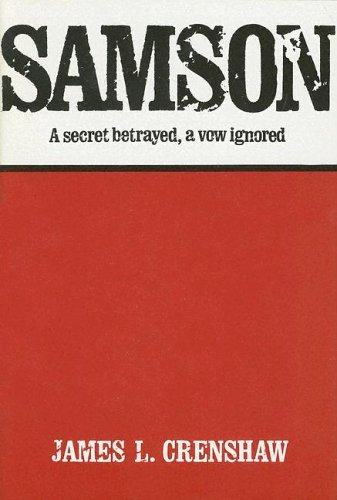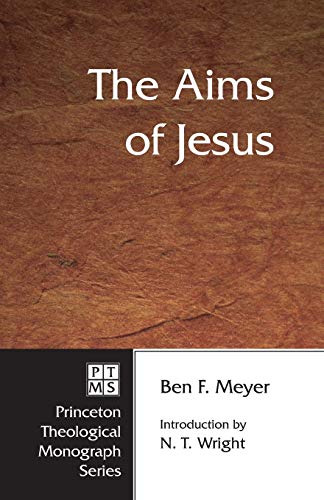The Ministry of the Word
Written by D. W. Cleverly Ford Reviewed By Derek PrimeThe author is the Senior Chaplain to the Archbishop of Canterbury and a former Director of the College of Preachers. The book is clearly intended to be a magnum opus after a life-time both of preaching and of encouraging others to preach. Part I, entitled Biblical and Historical, provides an outline of the history of the ministry of the Word both in the Biblical narratives and in the subsequent history of the Church, demonstrating the many ups and downs preaching has known. The opening chapters are somewhat scant and uninspiring, and give the impression that perhaps they are there in order to justify the later chapters. Chapter 4—The Word in the History of the Church—while a rapid sketch of the landmarks in the history of preaching—is a helpful and well-executed survey. Written by an Anglican, it understandably draws most attention to personalities in the English scene in its contemporary survey of outstanding preachers. John Stott is described as ‘a conservative expository preacher with a didactic style’ and Martyn Lloyd-Jones as ‘a remarkable exponent of Calvinistic theology and Welsh eloquence’.
Part II—the theological section—deals with subjects such as the cross, the resurrection, the incarnation, and judgment, and, in particular, the opportunities and problems involved in preaching them. Part III is the practical section—by far the shortest—and it deals with the preparation of both the preacher and the sermon, and then with the delivery of a sermon. The book is not written from a conservative evangelical viewpoint. For example, Deutero and Trito Isaiah are accepted without comment. Jonah is ruled out as completely unhistorical. It is implied that it was at his baptism that Jesus first knew his Sonship. Human depravity, propitiation and divine judgment are dismissed as being out of keeping with contemporary understanding and gospel preaching.
I expected much of this book in view of the prominence of the author both in Anglicanism and in the training of men to preach, but I was disappointed. No real burning message of conviction comes through to the reader. In his epilogue the author affirms that biblical preaching is what is required. ‘This is not to say preaching should be restricted to expository preaching, though its revival would be welcomed, but the Biblical revelation is what should be preached and this reaches its peak in Christ. Preaching is the proclamation of Christ and any overall pulpit ministry which does not proclaim him is not preaching.’ Sadly, the book does not really back up these encouraging and heart-warming convictions or show how to bring about such a revival. The book gives the impression of being the collection of a number of talks or lectures, rather than as having been written as a coherent whole. Somehow too it is a rather remote book. The writer never seems to bare his heart as a preacher, and to identify with the very real problems the preacher has of discouragement at times, and the feelings of failure as he wrestles with the stupendous privilege of sharing with others the unsearchable riches of Christ. It may be unreasonable to complain that it did not excite me about preaching as so many books on preaching have done.
Derek Prime







